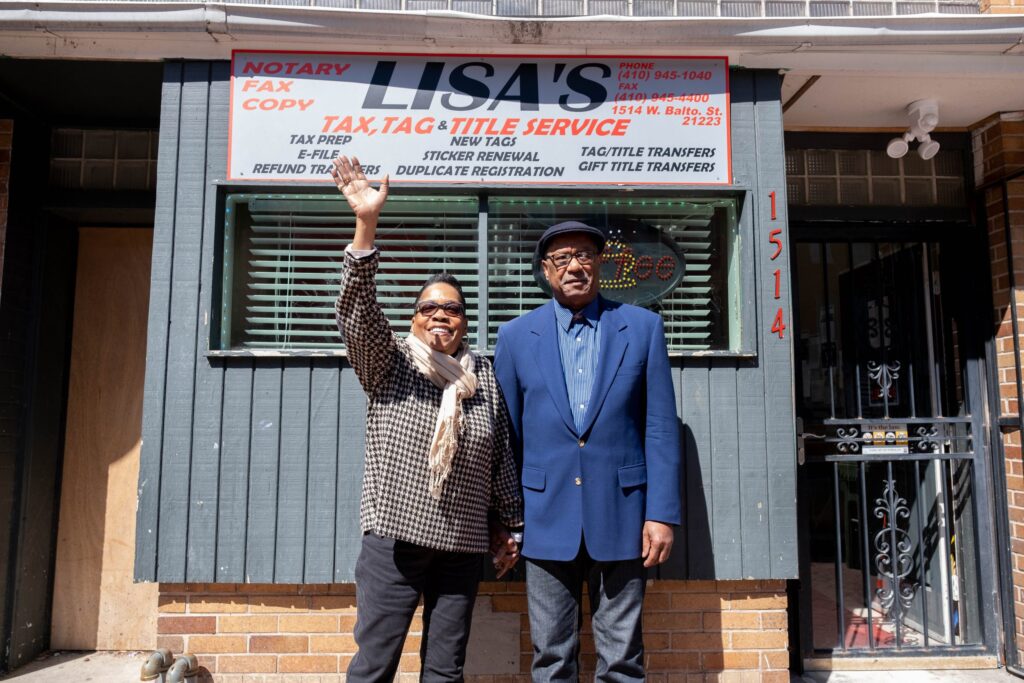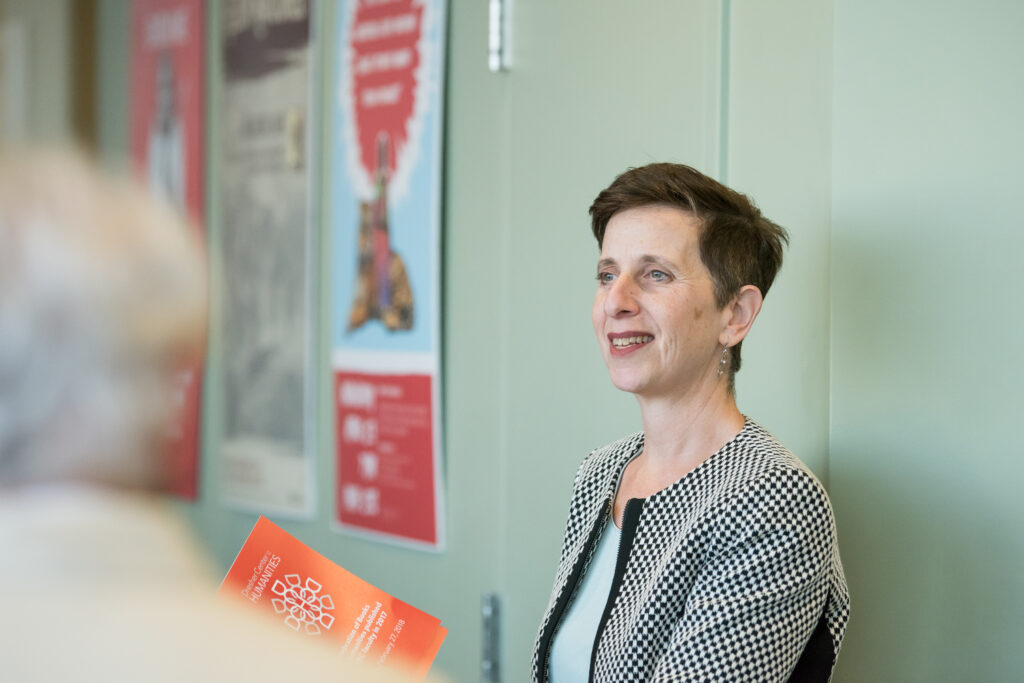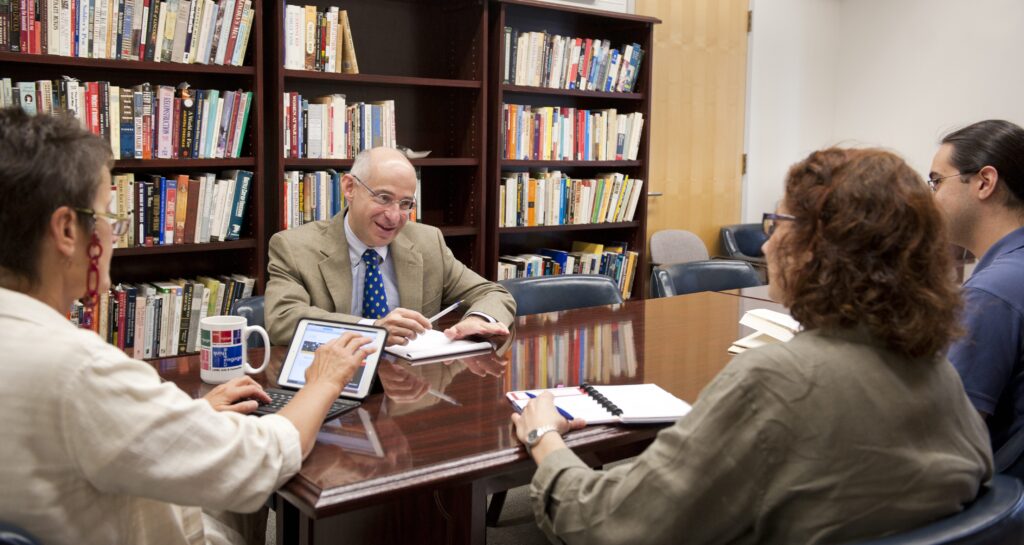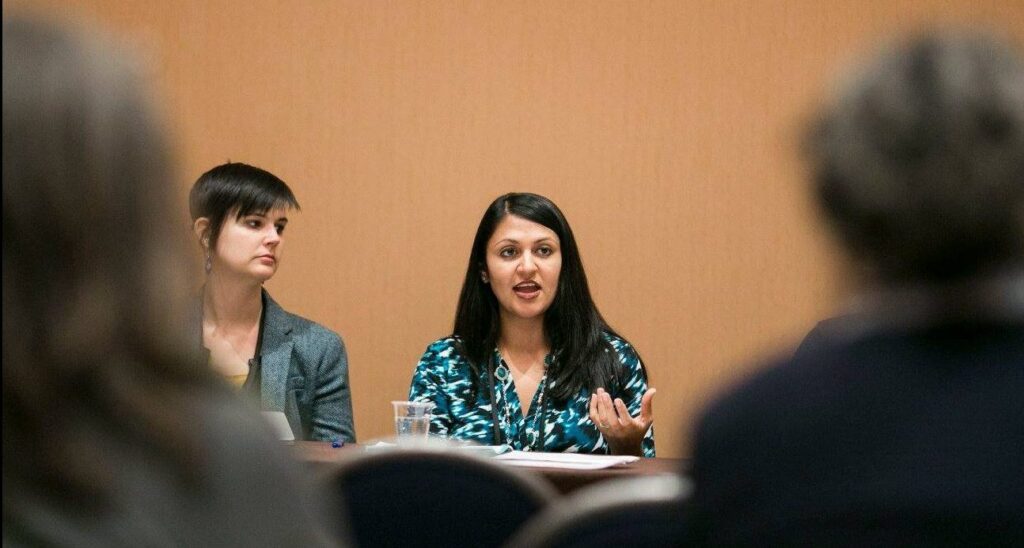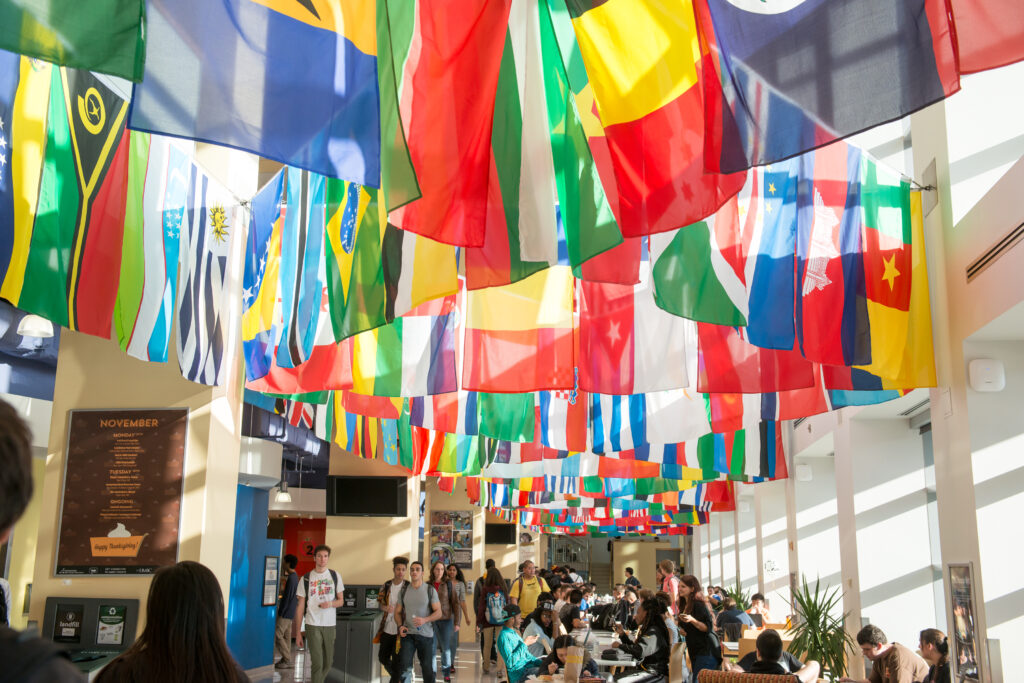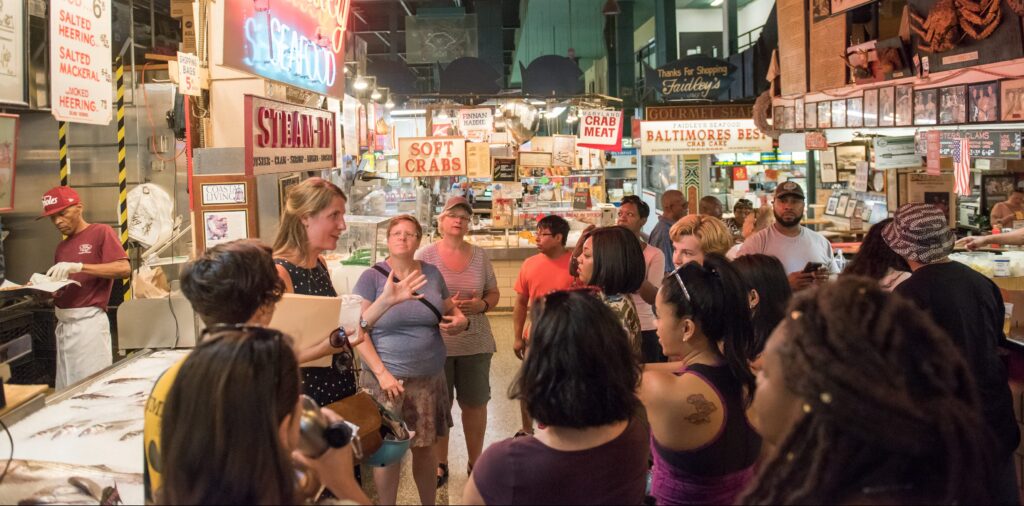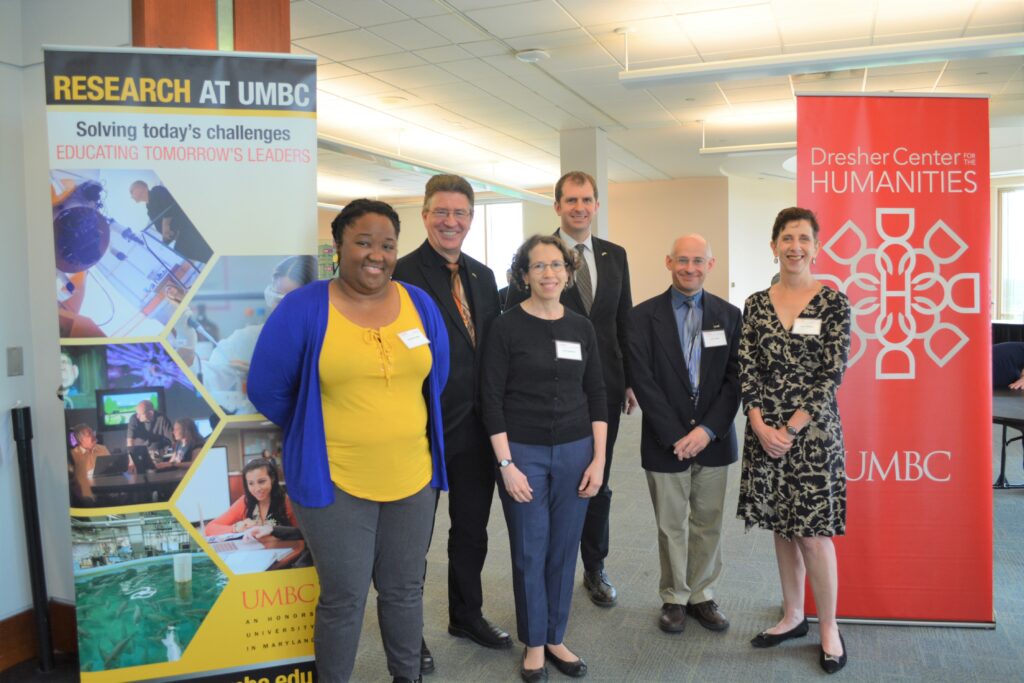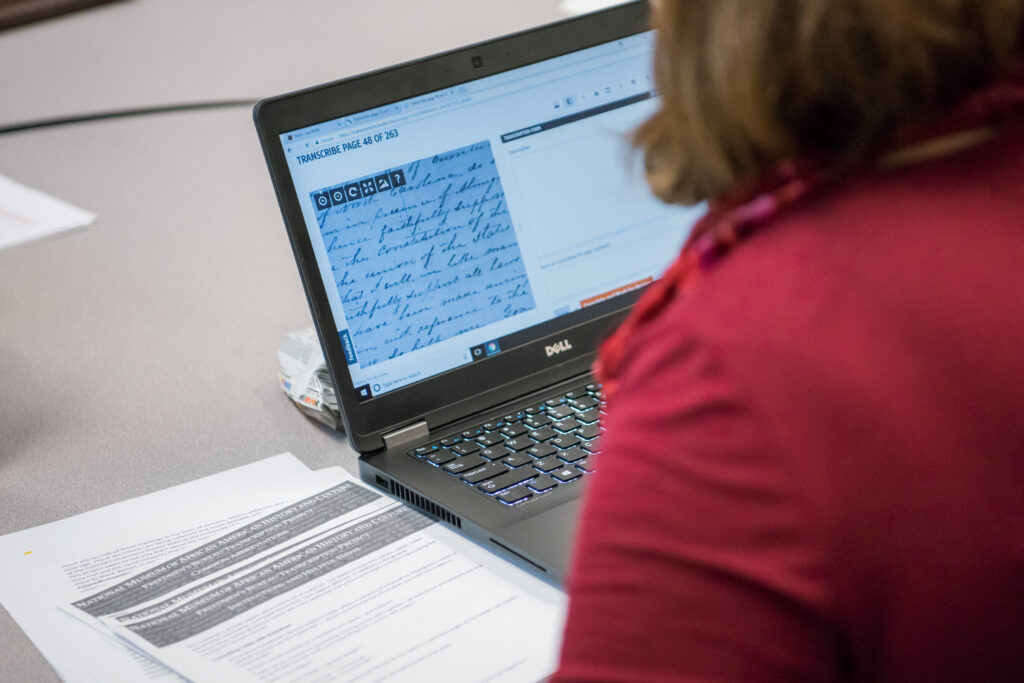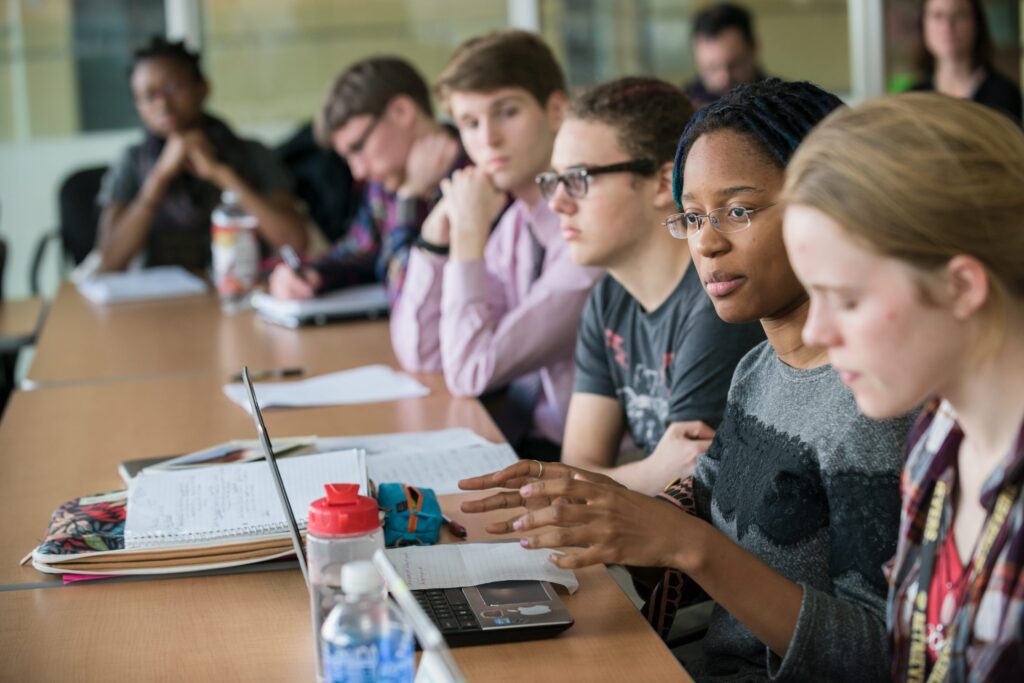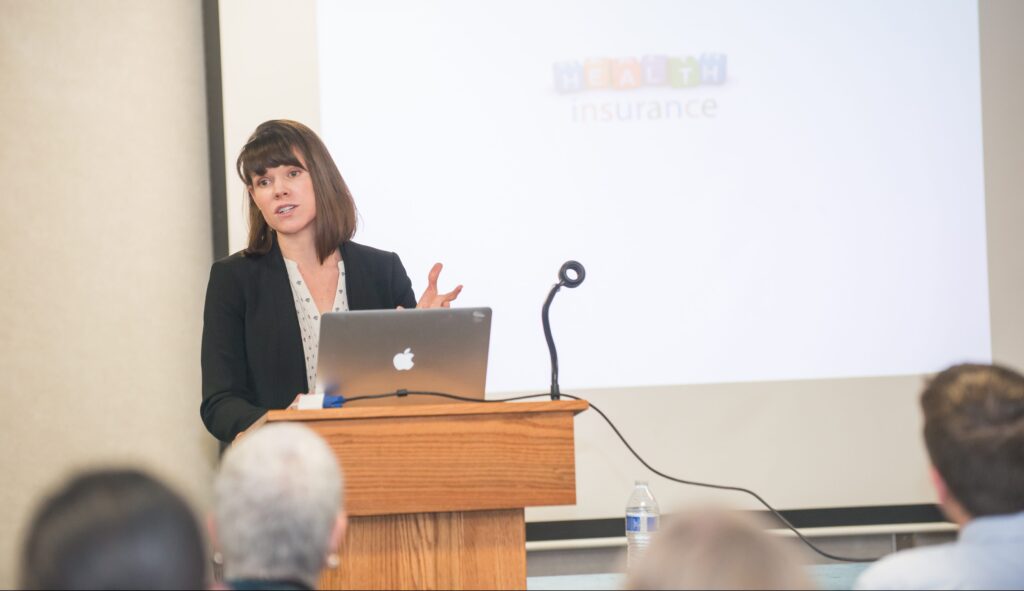Baltimore Field School: The Andrew W. Mellon Foundation supports UMBC’s inclusive approach to community-based research
“We want to think differently about how public humanities work can be done by reflecting on what ethical community-university partnerships look like,” says Nicole King, associate professor of American Studies and director of the Orser Center. “This collaborative process takes a great deal of time, listening, and building trust.” Continue Reading Baltimore Field School: The Andrew W. Mellon Foundation supports UMBC’s inclusive approach to community-based research

